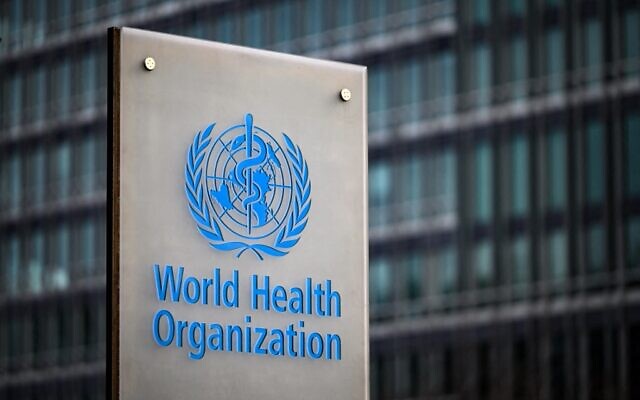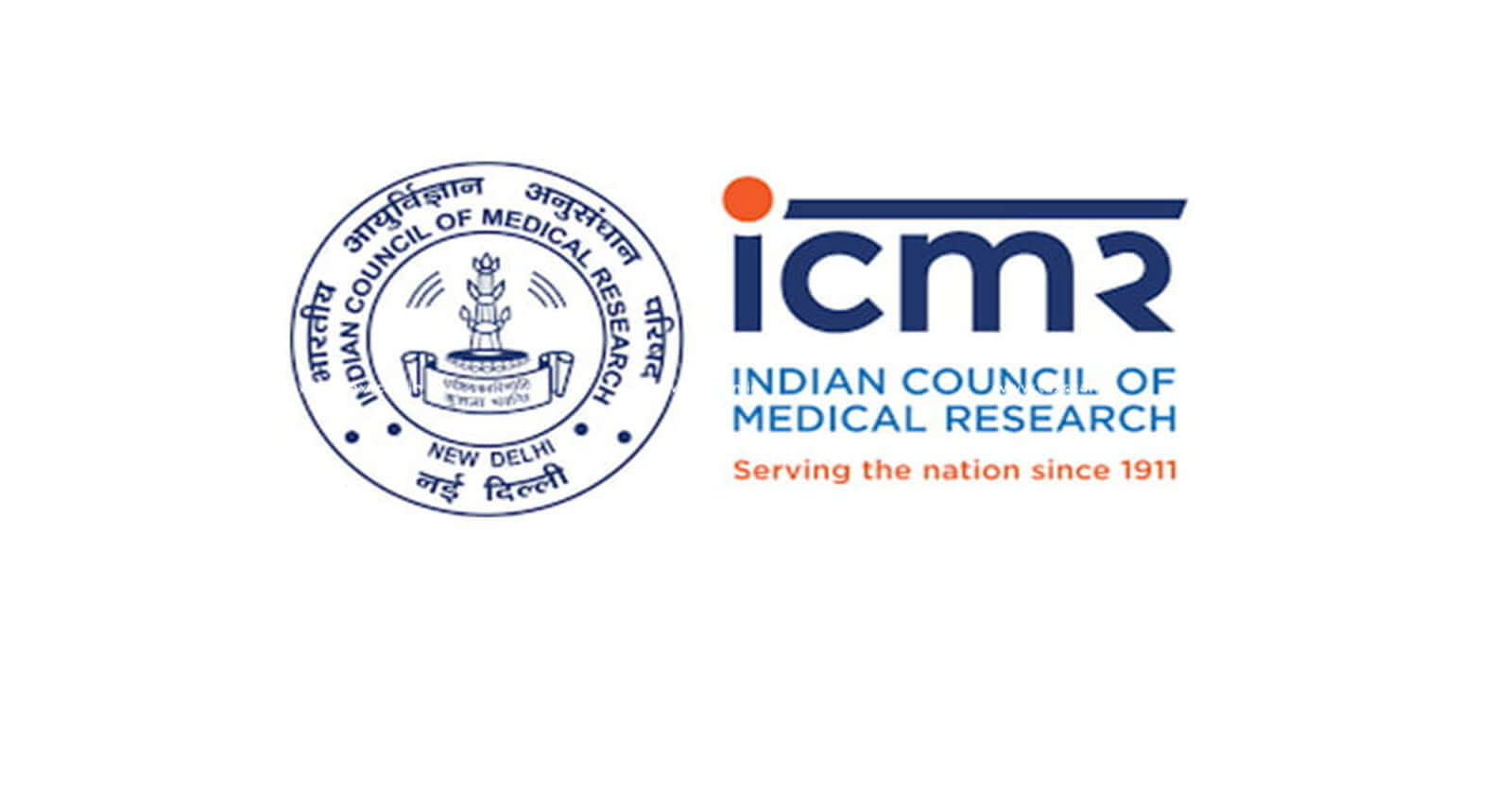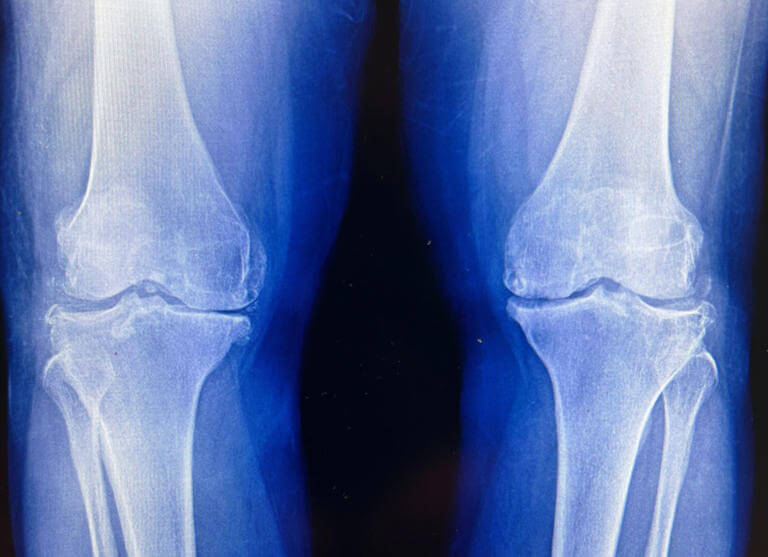Obesity in Indian women is a growing crisis: Nearly half over 35 are overweight
Fri 16 May 2025, 00:59:40

Indian women are increasingly being affected by obesity, and this is starting early in life, doctors warn. In fact, recent data shows that more than half of women aged 18-30 are already overweight, a trend that experts say demands immediate public health attention.
A new consensus statement published in the Indian Journal of Obstetrics and Gynecology Research has raised concerns about the rising burden of obesity among women, especially in the reproductive age group. Led by Dr. Nandita Palshetkar from Mumbai’s Lilavati Hospital, along with 11 other specialists from across India, the study puts forward clear clinical recommendations on how doctors should assess and manage obesity among Indian women, with specific guidance for those planning a pregnancy.
The paper is an initiative of the Indian Society of Assisted Reproduction (ISAR), and draws from over 75 studies, including government surveys and global reports.
According to the report, the problem of obesity is not limited to urban or affluent women. In fact, the National Family Health Survey-5 (2019–21) found that 33.2% of urban women and 19.7% of rural women in India are overweight or obese (defined as BMI of more than 25 kg/m2).
The numbers climb sharply with age. A study of over 6.4 lakh Indian women found that nearly 49% of
those aged 35-49 were overweight or obese. In the 18–30 age group, another study revealed that more than half, 52.4%, were already obese.
those aged 35-49 were overweight or obese. In the 18–30 age group, another study revealed that more than half, 52.4%, were already obese.
"The trends are very clear. Obesity is increasing and affecting younger women, including those planning pregnancies. We need urgent action, at the clinical and public health level," the paper states.
From PCOS to stillbirths, how obesity affects women’s health
Obesity in women is linked to a wide range of health complications, some of them unique to women. These include:
. Irregular periods and infertility
. Polycystic Ovary Syndrome (PCOS)
. Gestational diabetes and high blood pressure during pregnancy
. Higher risk of miscarriages and stillbirths
. Urinary incontinence and uterine fibroids
. Increased risk of C-sections and birth complications
Doctors say these effects begin early, from puberty, and continue through menopause. Obesity also worsens conditions like depression, metabolic syndrome, and cardiovascular disease in postmenopausal women.
The consensus calls on gynaecologists and primary care physicians to routinely assess BMI, waist circumference, and lifestyle factors in women during check-ups — especially if they are planning to conceive.
No Comments For This Post, Be first to write a Comment.
Most viewed from Health
AIMIM News
Latest Urdu News
Most Viewed
May 26, 2020
Can Lionel Messi's visit boost Indian football?
Latest Videos View All
Like Us
Home
About Us
Advertise With Us
All Polls
Epaper Archives
Privacy Policy
Contact Us
Download Etemaad App
© 2026 Etemaad Daily News, All Rights Reserved.

























.jpg)
.jpg)
.jpg)


